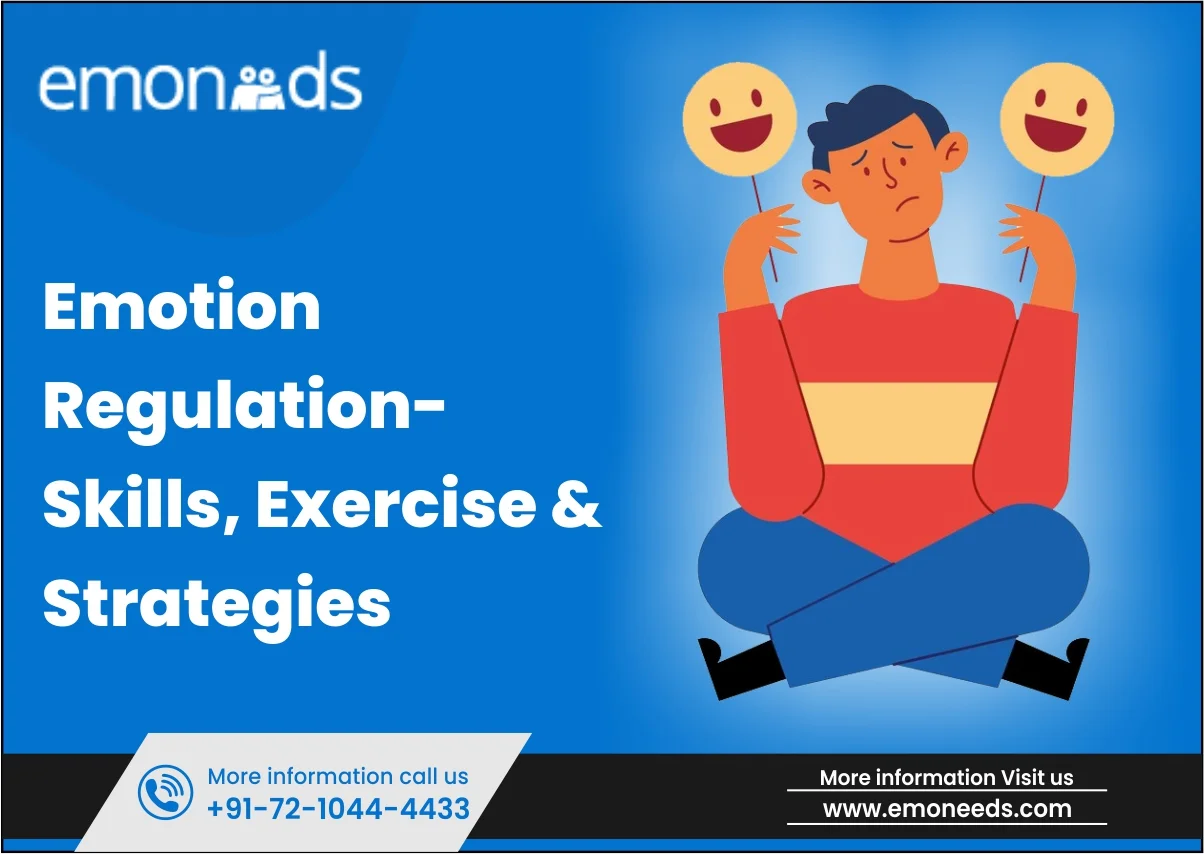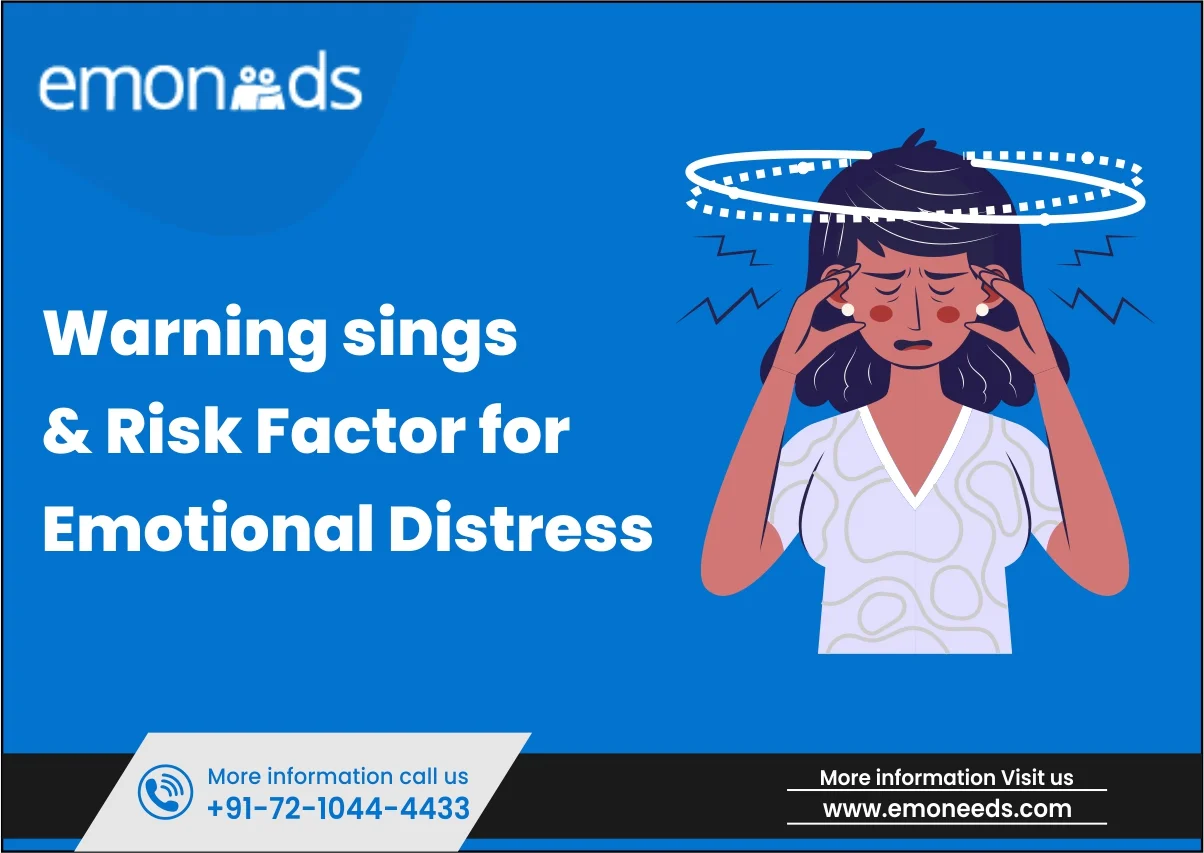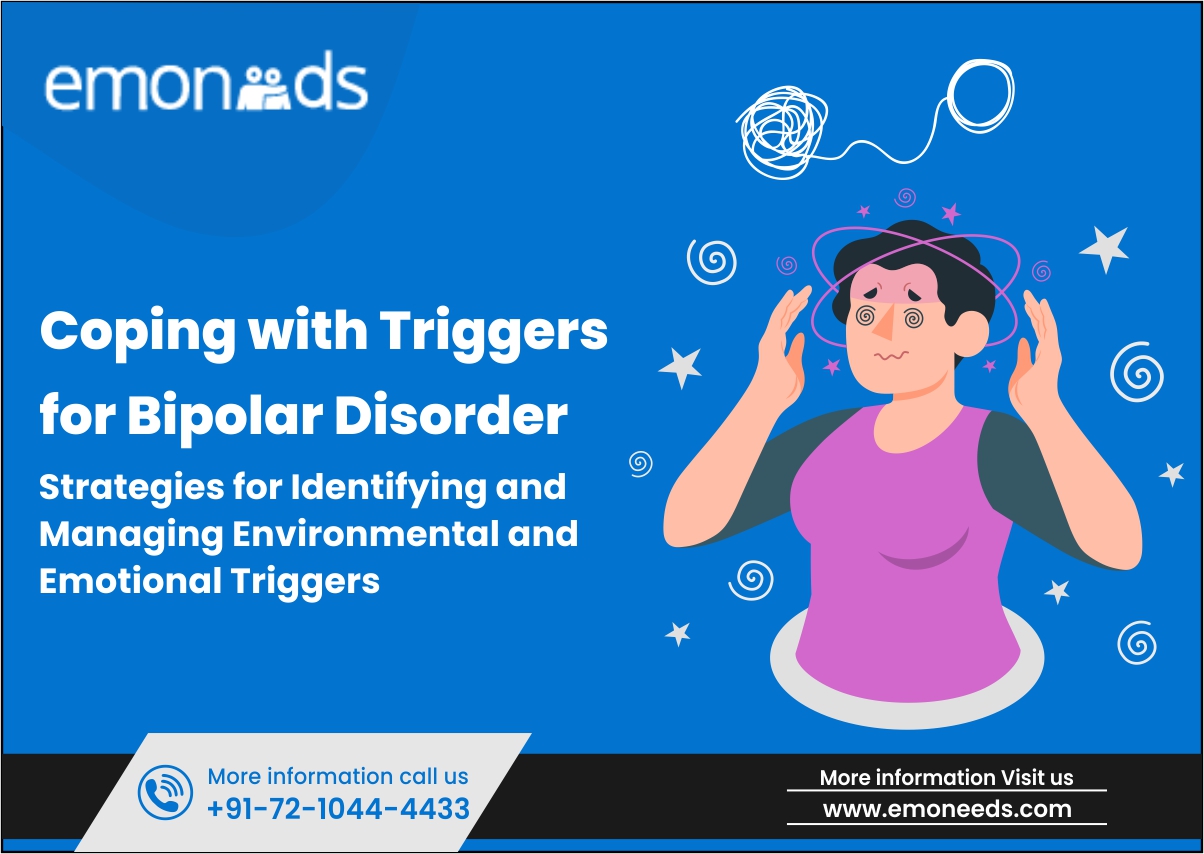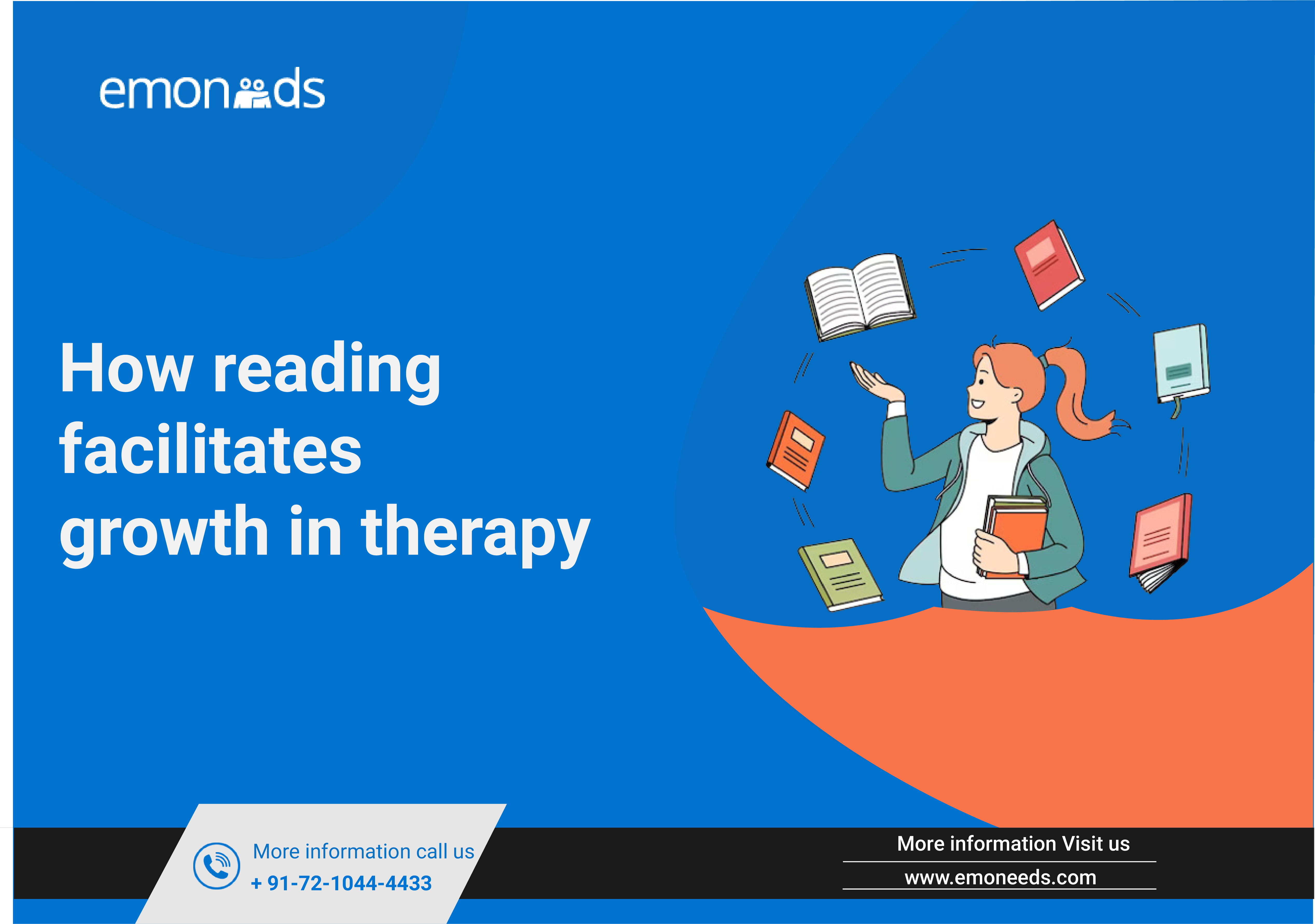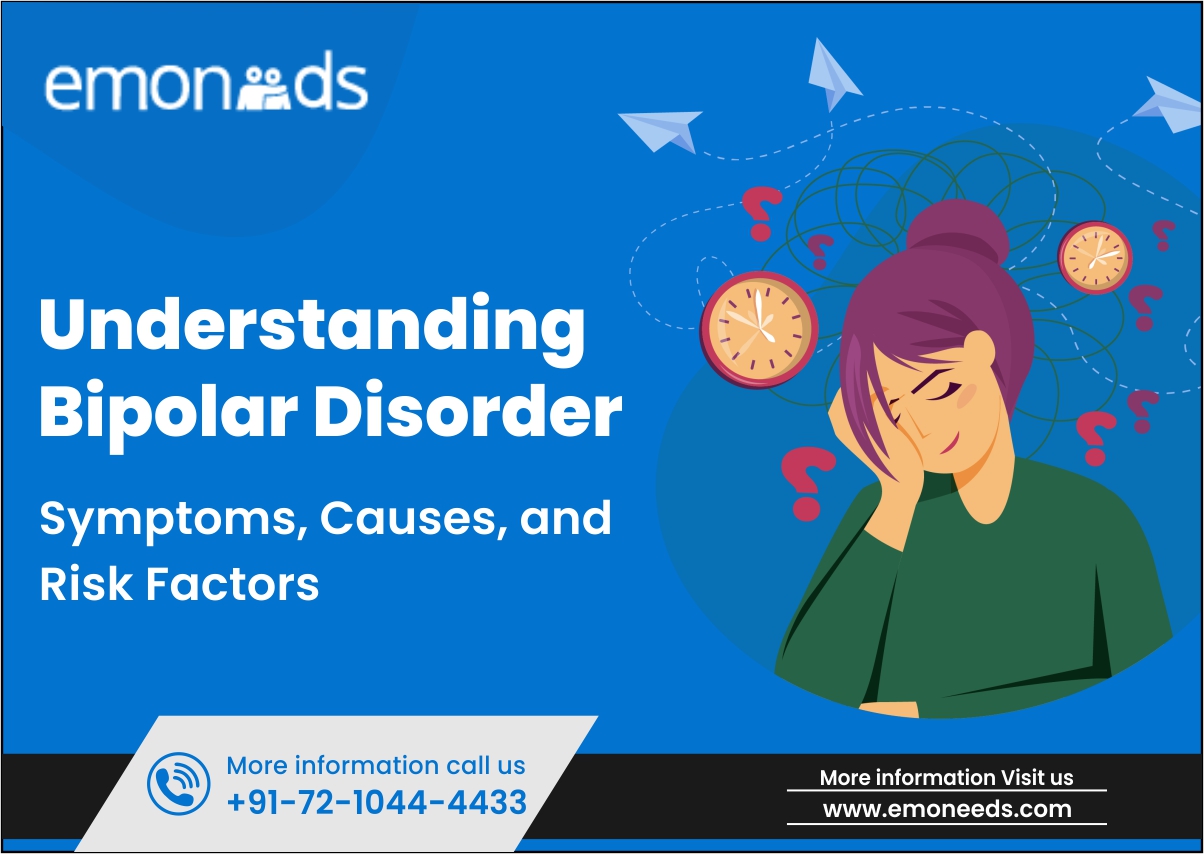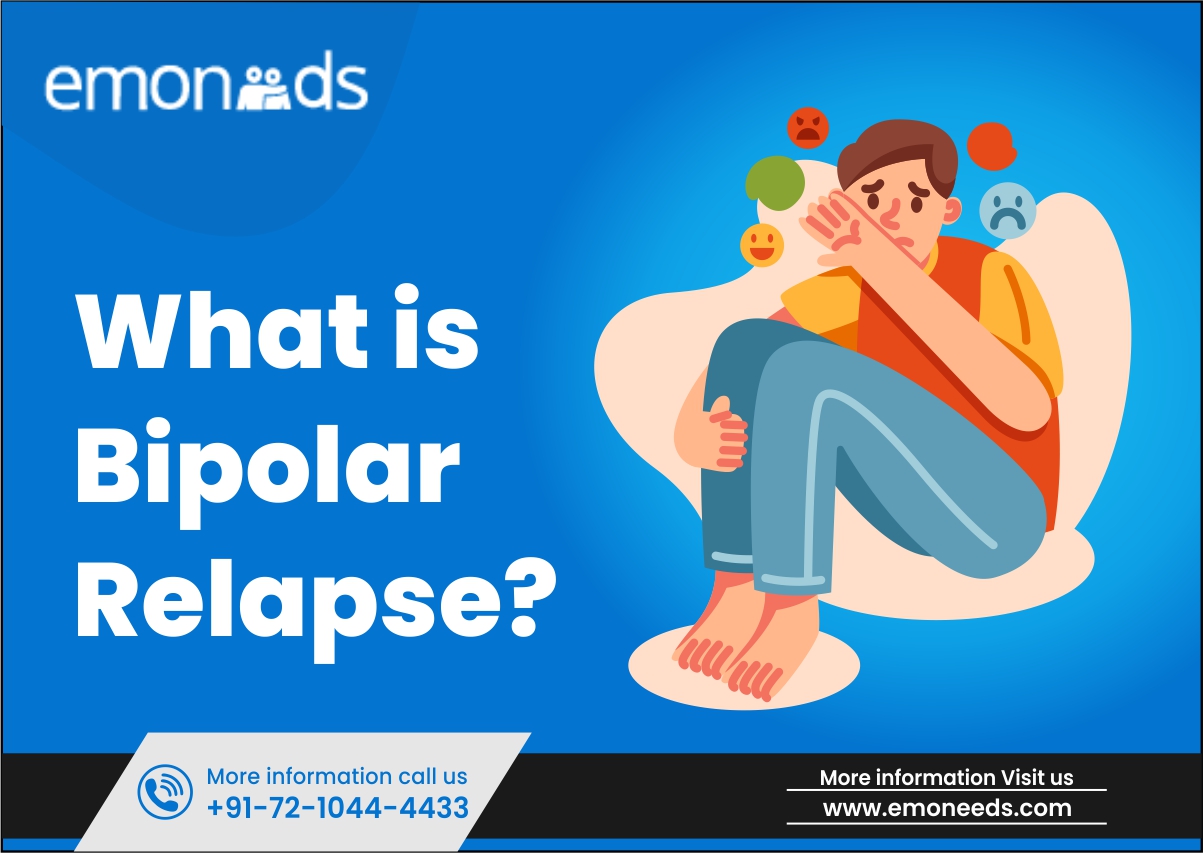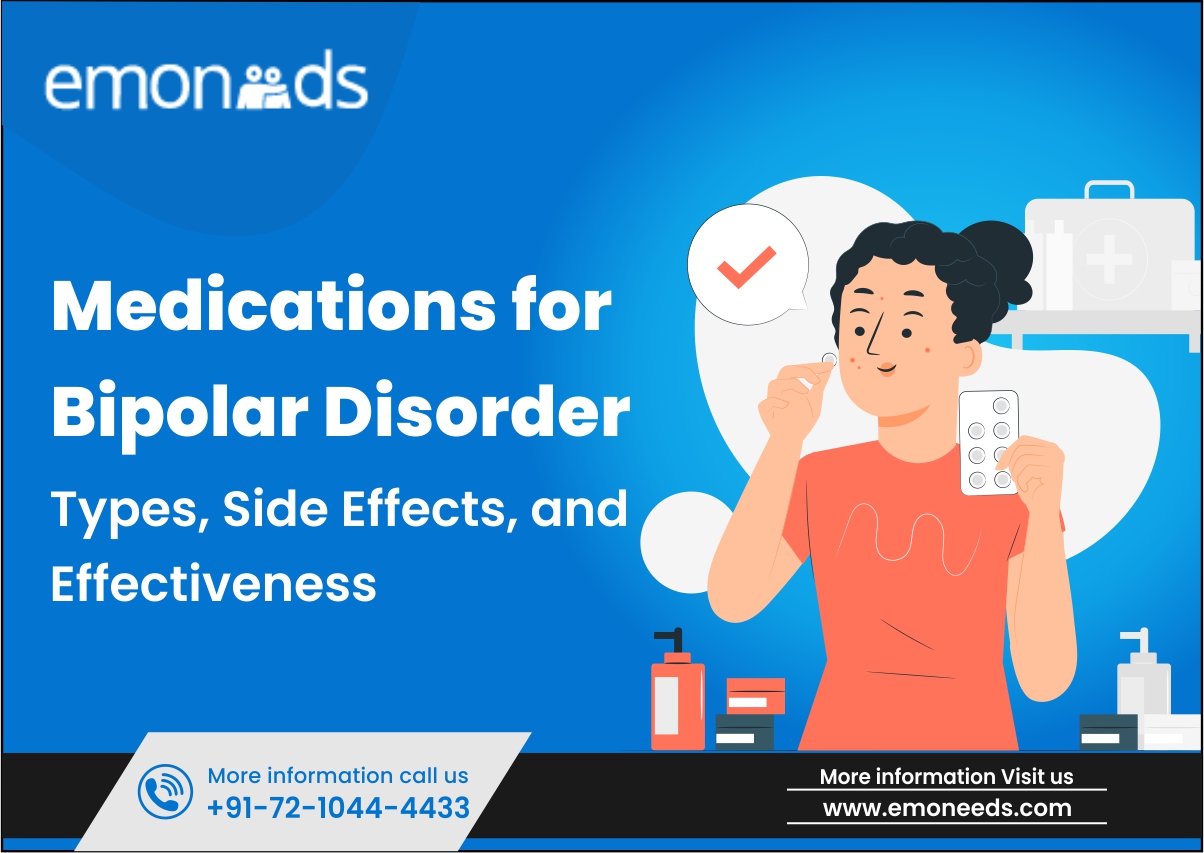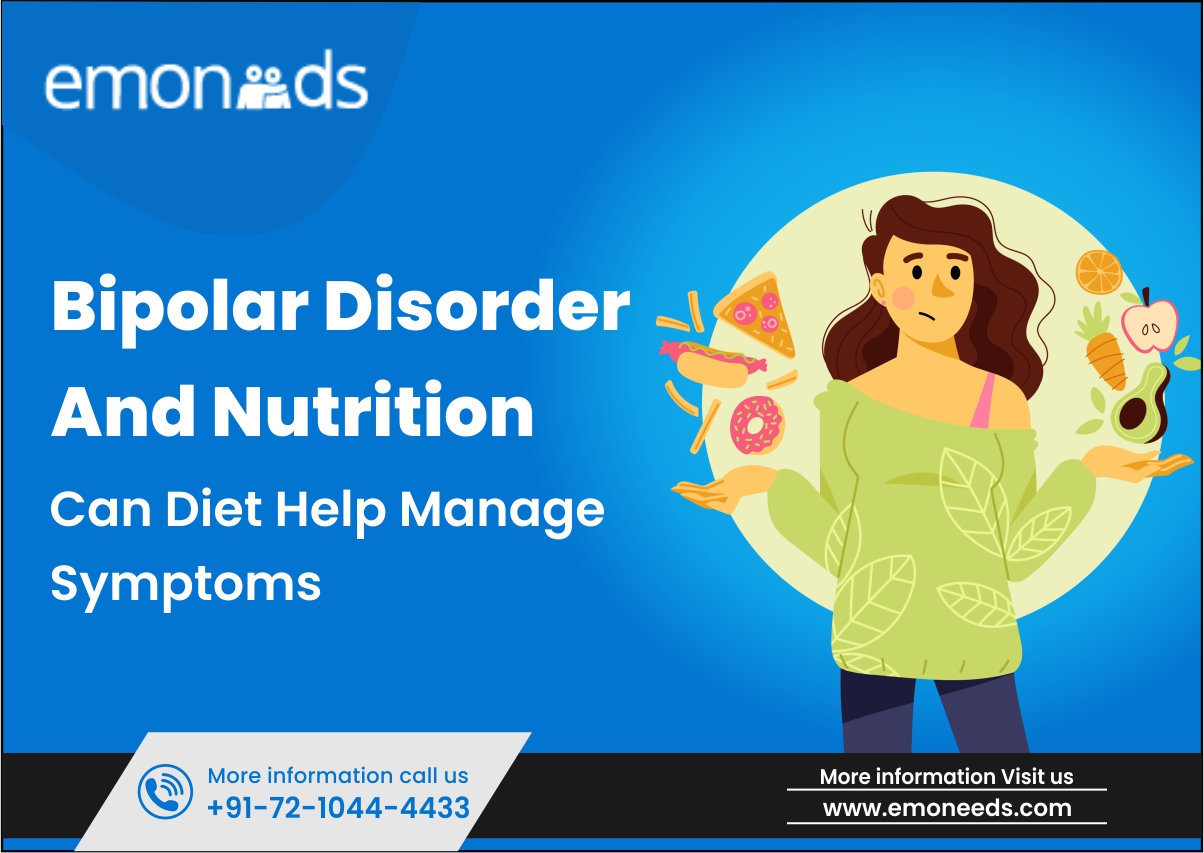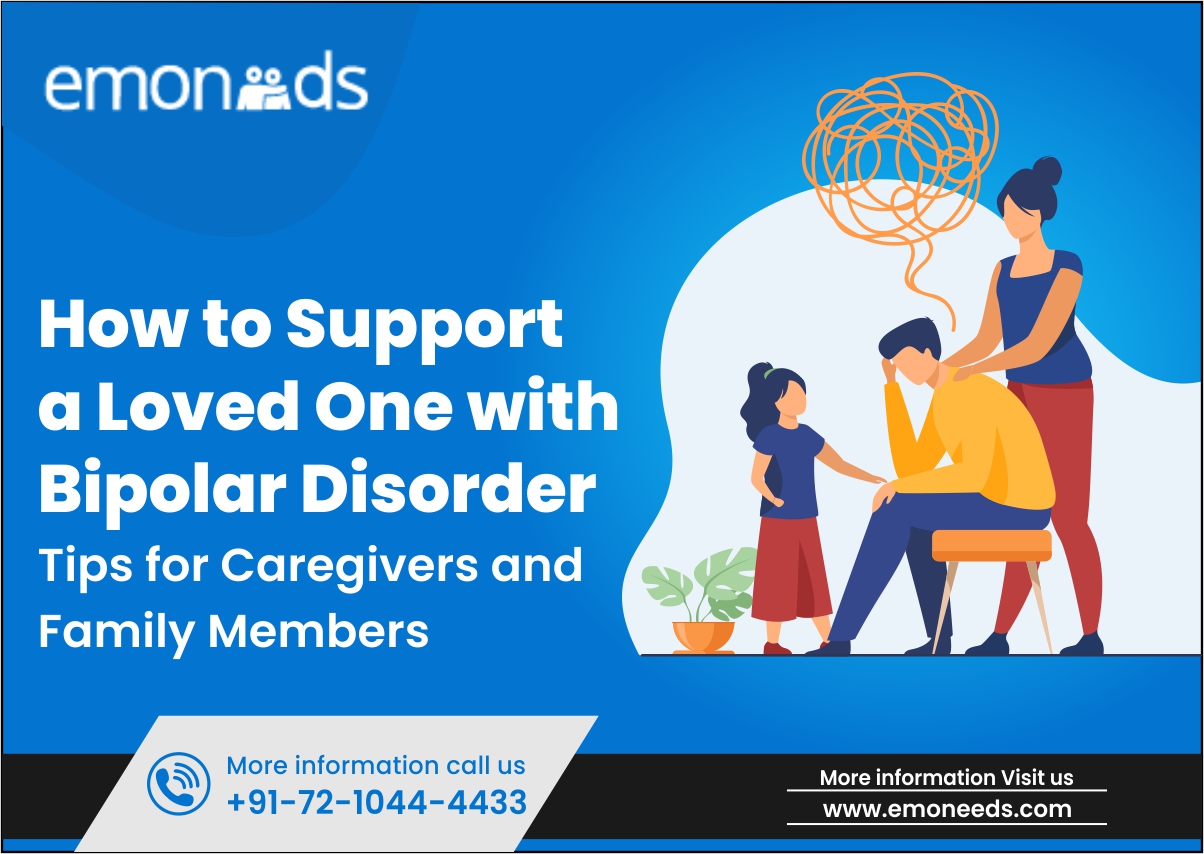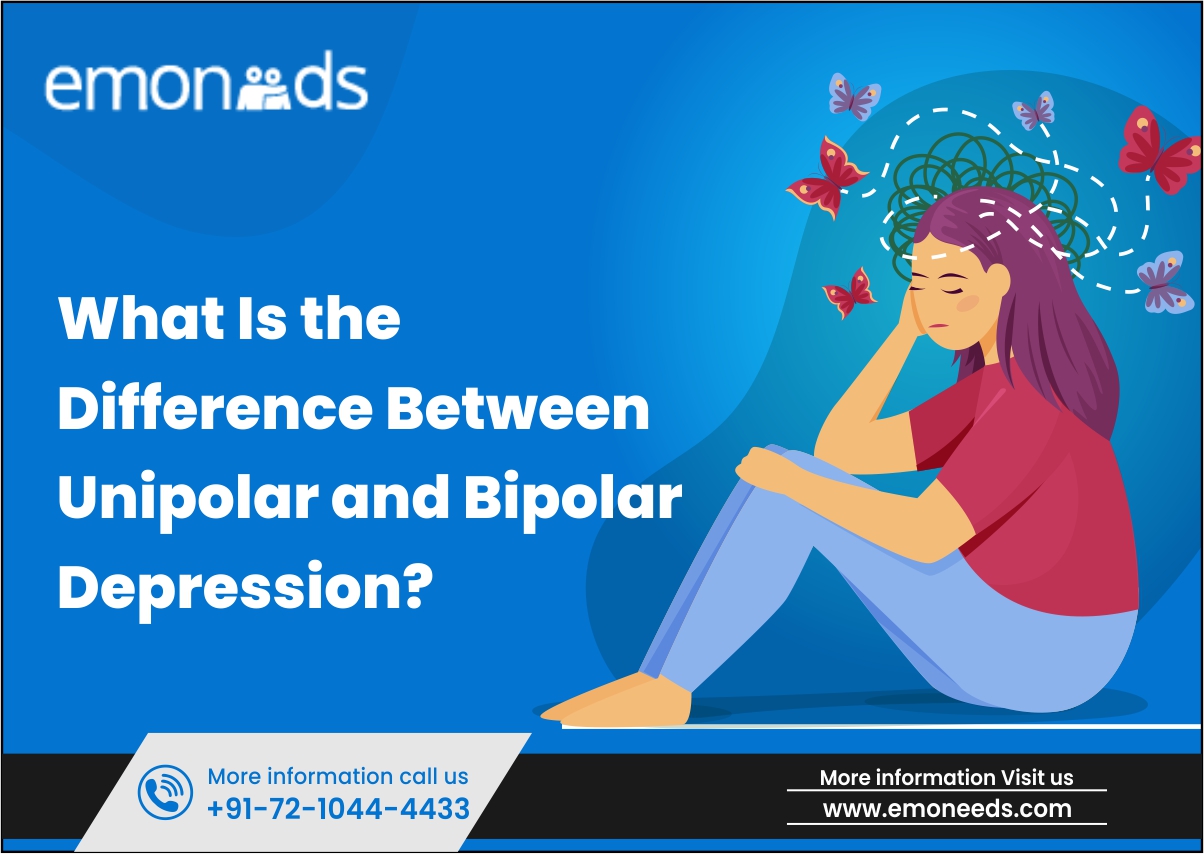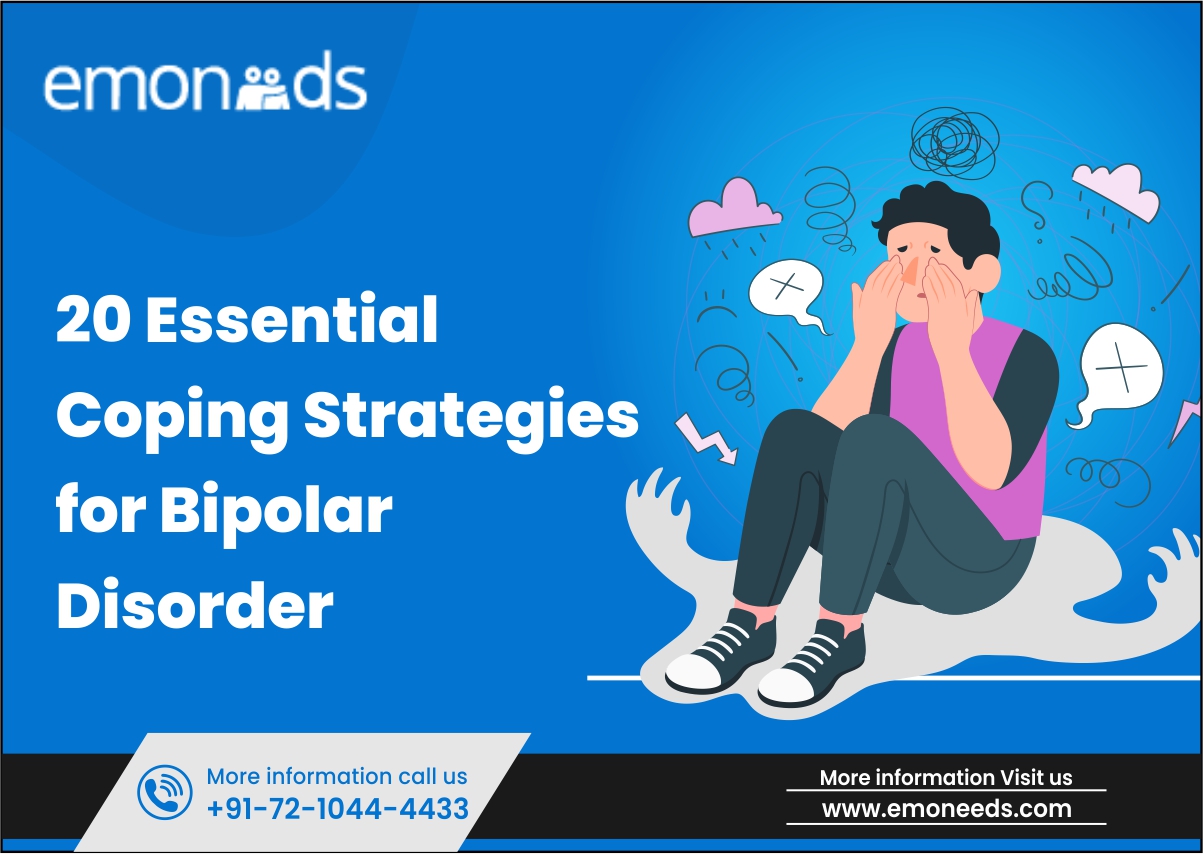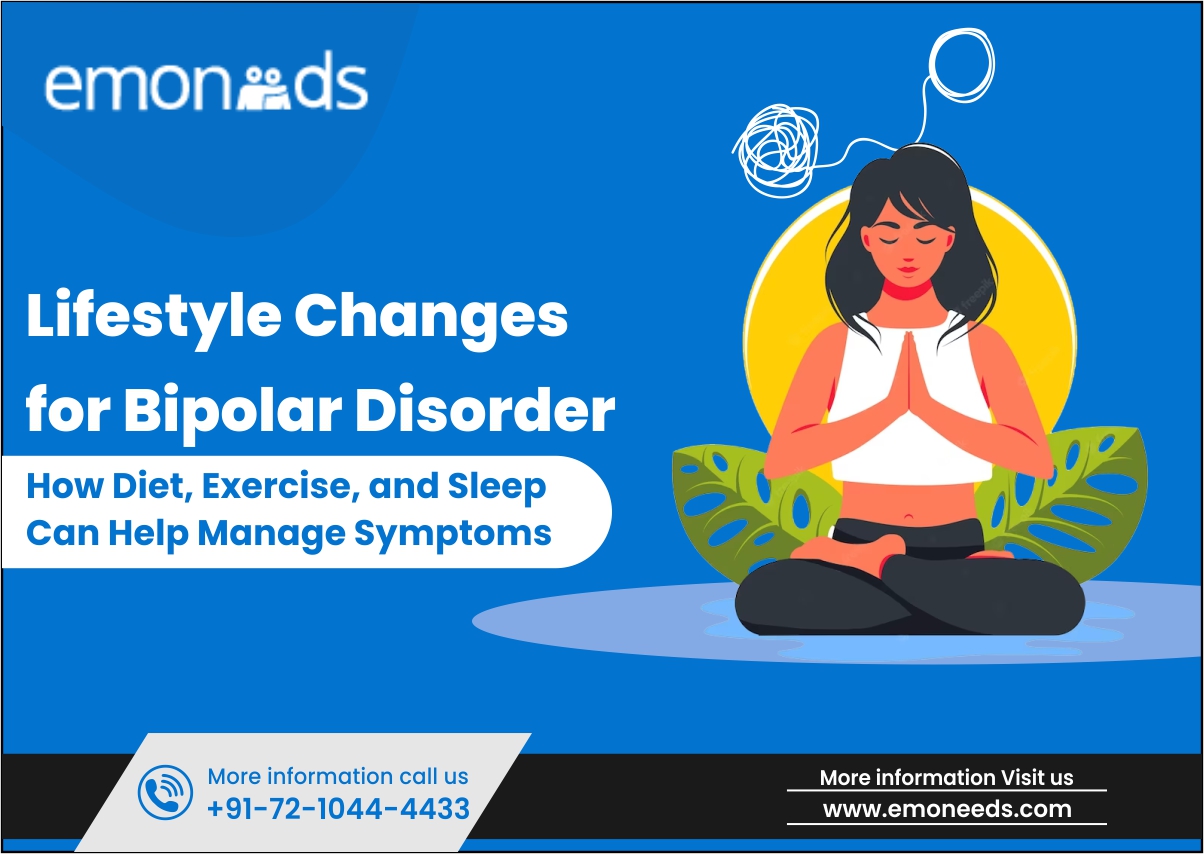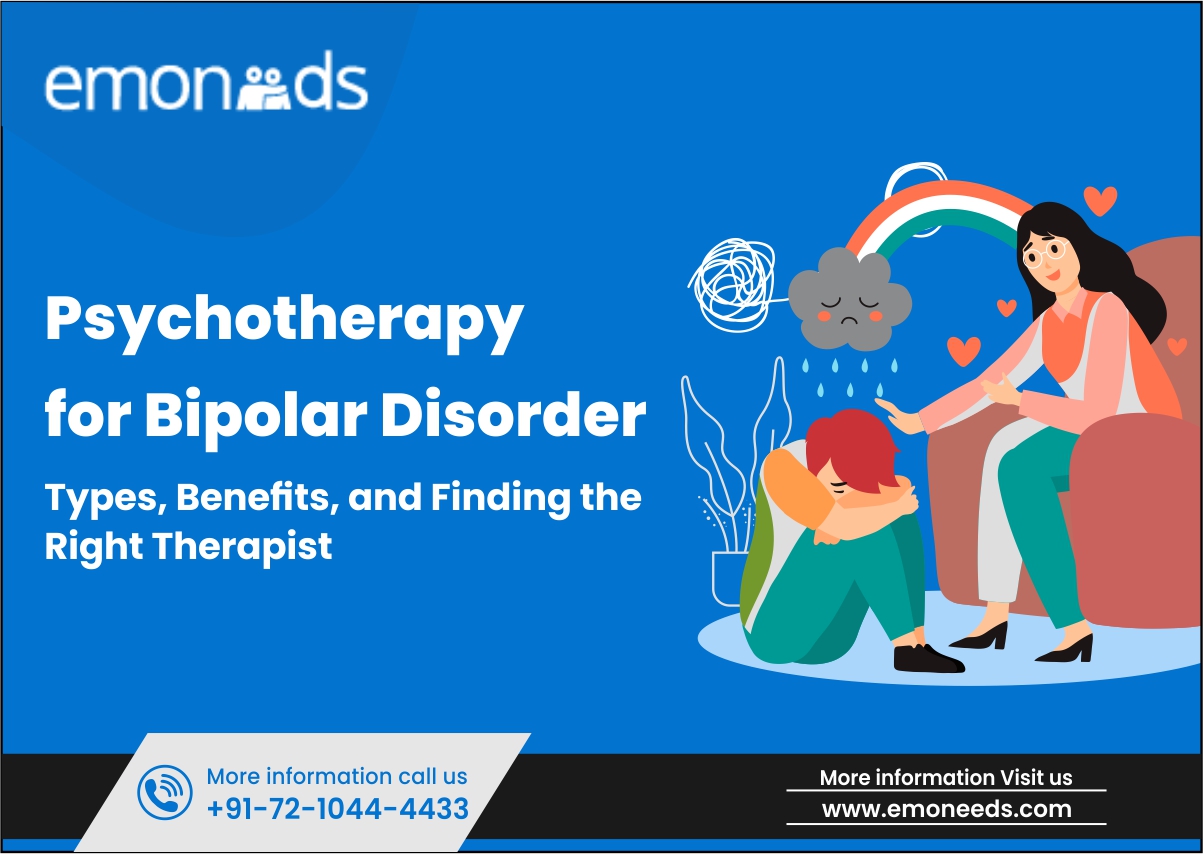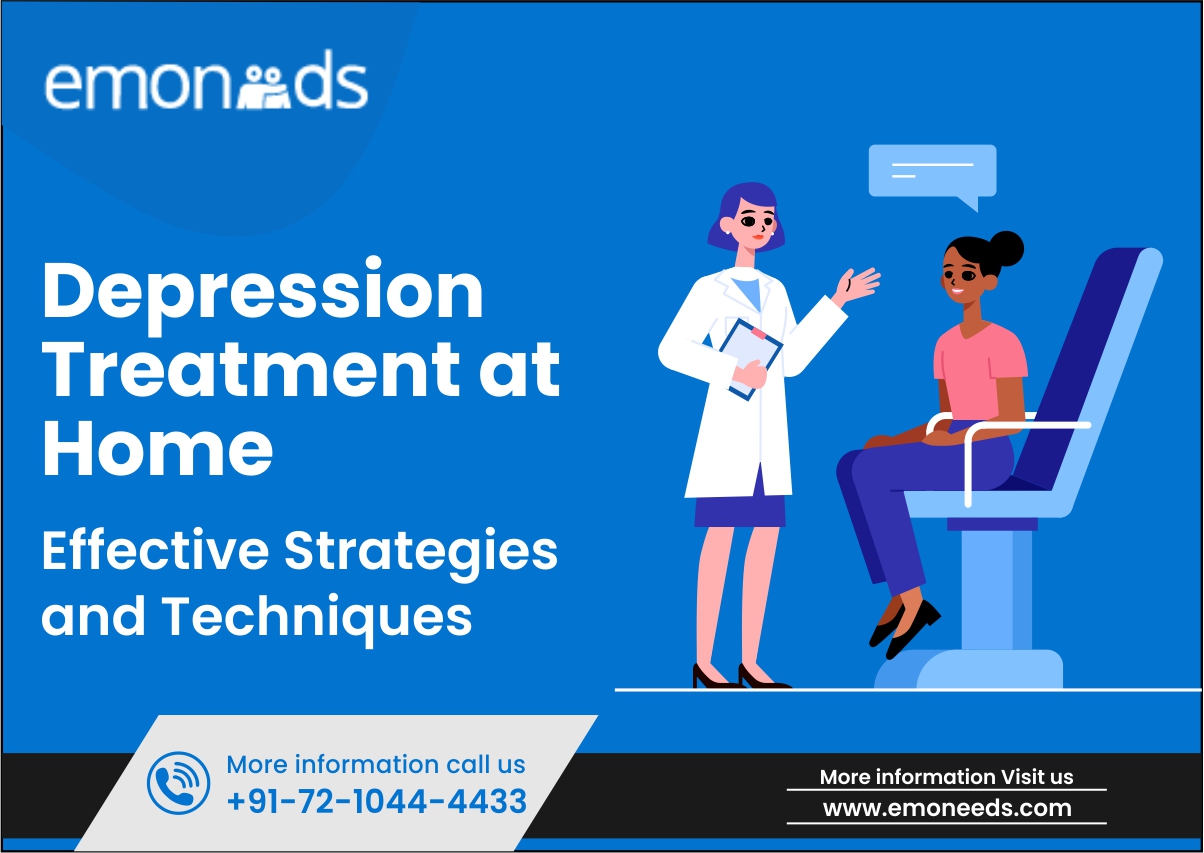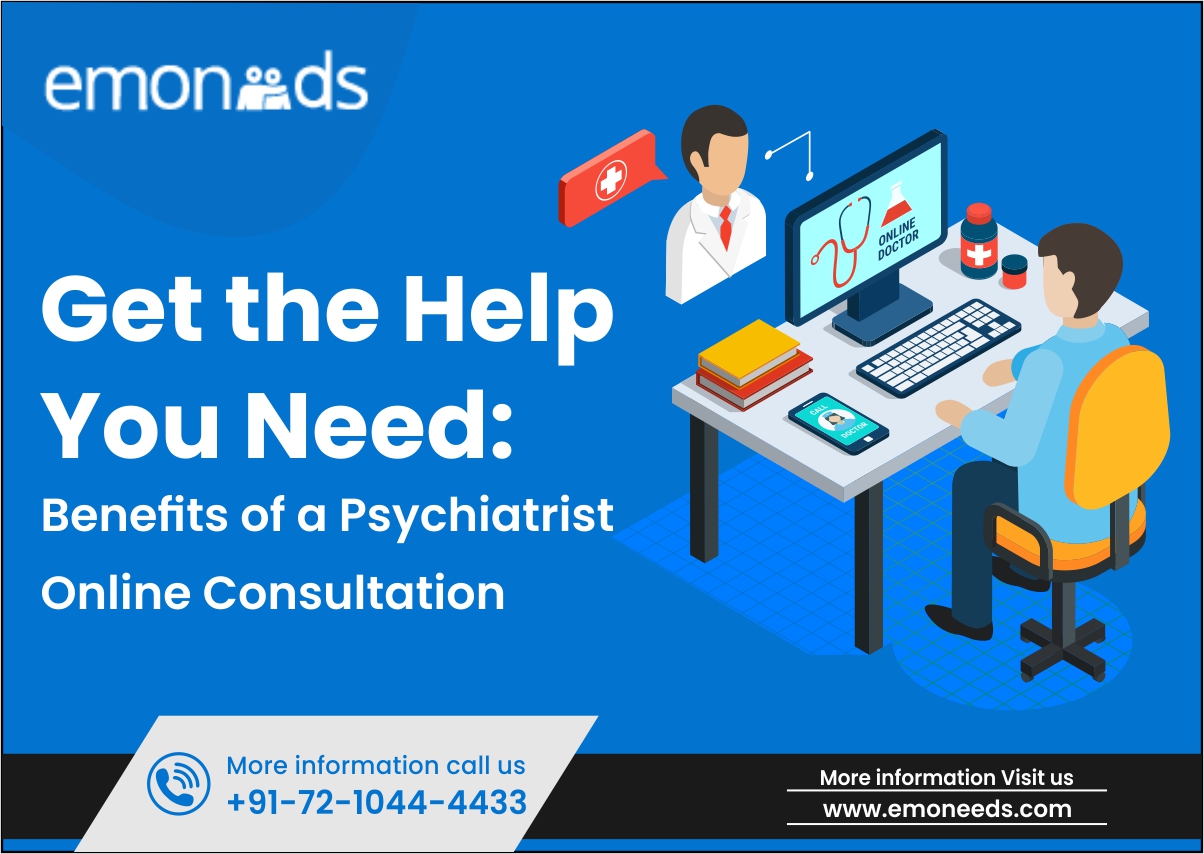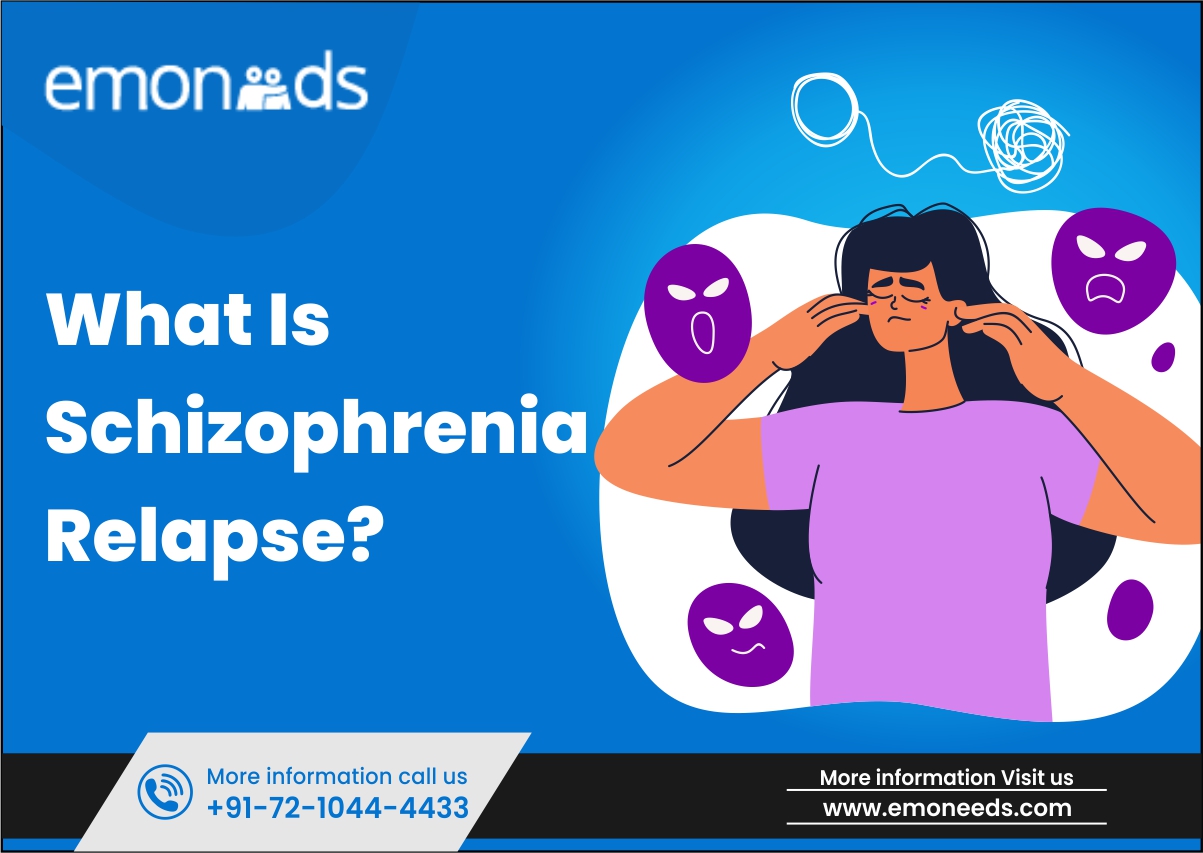
- July 31, 2023
- Saloni Kabra
- 0
Table of Contents
ToggleWhat Is Schizophrenia Relapse?
Before we discuss schizophrenia relapse, let’s clarify what schizophrenia itself entails. Schizophrenia is a severe mental disorder characterized by distorted thoughts, emotions, and perceptions. Individuals may experience hallucinations, delusions, and disorganized thinking. It can significantly impair one’s ability to function in daily life and maintain relationships. Schizophrenia relapse refers to the re-emergence or worsening of symptoms after a period of stability. It is essential to differentiate relapse from other fluctuations in symptoms, such as flare-ups or exacerbations. Flare-ups may involve a temporary worsening of symptoms but do not necessarily indicate a full relapse. Understanding the signs of a relapse can help intervene early, improving the chances of successful management.Identifying Warning Signs of Schizophrenia Relapse
Recognizing the warning signs of relapse is crucial in maintaining stability and preventing further deterioration. While the specific signs may vary from person to person, some common indicators include:- Changes in behavior or personality.
- Increased withdrawal from social interactions.
- Heightened anxiety or agitation.
- Disruption in sleep patterns.
- Difficulty concentrating or making decisions.
- Increased suspiciousness or paranoia.
- Hearing voices or experiencing unusual beliefs.
- Neglecting personal hygiene or self-care.
Causes of Schizophrenia Relapse
Schizophrenia relapse can be triggered by various factors, and understanding these triggers is essential in preventing relapse. The primary cause of relapse is often medication non-adherence. Many individuals with schizophrenia may feel better or believe they no longer need medication, leading them to discontinue their treatment. Unfortunately, this can lead to a return of symptoms and potentially worsen the condition. Substance abuse can also significantly contribute to relapse in individuals with schizophrenia. Drugs and alcohol can interact with medications and disrupt the delicate balance in the brain, exacerbating symptoms and making it challenging to manage the condition effectively. Stress is another significant factor that can trigger a relapse. Life events such as loss, major changes, or traumatic experiences can lead to increased stress levels, impacting the stability of individuals with schizophrenia. Social isolation can also make individuals vulnerable to relapse. Strong support systems and social connections are crucial for managing schizophrenia, and isolating oneself can exacerbate symptoms and lead to relapse.The Role of Medication in Preventing Schizophrenia Relapse
Medication is a cornerstone of schizophrenia treatment, and antipsychotic medications are commonly prescribed to manage symptoms and prevent relapse. These medications work by blocking dopamine receptors in the brain, helping to reduce hallucinations and delusions. Adhering to prescribed medications is crucial in preventing relapse. Unfortunately, medication non-adherence is common among individuals with schizophrenia, leading to an increased risk of relapse. It is essential for healthcare professionals to work closely with patients to address any concerns or side effects and find the most effective treatment plan.Psychosocial Interventions for Relapse Prevention
In addition to medication, psychosocial interventions play a significant role in managing schizophrenia and preventing relapse. Cognitive Behavioral Therapy (CBT) has shown promising results in helping individuals challenge and change negative thought patterns and behaviors. It can also provide coping strategies to deal with stress and manage symptoms effectively. Family intervention and support are also vital components in relapse prevention. Educating family members about schizophrenia and involving them in the treatment process can create a supportive environment for individuals with the condition. Skills training, such as social skills training and vocational rehabilitation, can equip individuals with schizophrenia with the tools they need to navigate social interactions and find meaningful employment.Lifestyle Factors and Relapse Prevention
Several lifestyle factors can contribute to relapse prevention and overall well-being for individuals with schizophrenia. Maintaining a healthy diet and engaging in regular exercise can positively impact both physical and mental health. Studies have shown that a balanced diet and physical activity can improve mood and reduce symptom severity. Sleep is another essential factor in managing schizophrenia. Sleep disturbances can exacerbate symptoms and increase the risk of relapse. Establishing a consistent sleep schedule and practicing good sleep hygiene can promote better sleep quality. Additionally, substance use should be carefully managed, as drugs and alcohol can interfere with medication efficacy and worsen symptoms.Developing a Personalized Relapse Prevention Plan
Every individual with schizophrenia is unique, and their experience with the condition may vary. Therefore, developing a personalized relapse prevention plan is crucial for successful management. Working closely with healthcare professionals, such as psychiatrists and therapists, is essential in developing an effective plan. Identifying personal triggers, warning signs, and coping strategies can help individuals take charge of their mental health and respond proactively to potential relapse.Involving Support Networks in the Prevention Strategy
Having a strong support system is invaluable in managing schizophrenia and preventing relapse. Family members, friends, and support groups can provide emotional support, encouragement, and understanding throughout the journey. Incorporating the insights and experiences of loved ones into the relapse prevention plan can help create a comprehensive strategy that addresses all aspects of an individual’s life.Coping Strategies During a Schizophrenia Relapse
Despite all preventive measures, relapse may still occur. It is essential to be prepared and have coping strategies in place for these challenging times. Seeking professional help and emergency services is crucial during a relapse. Healthcare professionals can adjust medications or provide additional support to manage symptoms effectively. Developing coping strategies to deal with hallucinations and delusions can also be beneficial. Encouraging individuals to express their experiences openly and providing a safe space for them to share their thoughts can be therapeutic. Emphasizing self-compassion during the recovery process is essential. Relapse episodes can be disheartening, but individuals should be reminded that it is a part of their journey, and with the right support, they can navigate through it.Supporting Individuals with Schizophrenia during Relapse
Supporting individuals with schizophrenia during relapse is vital in aiding their recovery. Providing emotional support and understanding can help reduce feelings of isolation and hopelessness. Assisting with medication management and appointments can ensure that individuals stay on track with their treatment plan, reducing the risk of further relapse. Encouraging individuals to remain engaged in treatment and therapy is essential for their overall well-being. By being present and actively participating in their journey, loved ones can have a positive impact on their recovery.The Road to Recovery: Life After Schizophrenia Relapse
The journey to recovery after a relapse may be challenging, but it is possible. Understanding that relapse does not define an individual and that setbacks can be a natural part of the process is essential. Setting realistic goals and celebrating progress, no matter how small, can be empowering. Individuals should be encouraged to focus on their strengths and achievements, no matter how big or small. Embracing a positive future with schizophrenia is possible. Recovery is an ongoing process, and with the right support, individuals can lead fulfilling lives despite the challenges posed by schizophrenia.Breaking Stigma: Promoting Empathy and Compassion
Sadly, the stigma around schizophrenia and mental health conditions still exists in society. It is essential to address misconceptions and promote empathy and compassion for those living with schizophrenia. Creating an environment of open dialogue and mental health advocacy can foster understanding and support for individuals with schizophrenia and their families.Conclusion
Schizophrenia relapse demands vigilance and support. Understanding the warning signs, causes, and coping strategies is vital for prevention. Let’s break the stigma and foster empathy for those affected. Join Emoneeds in advocating for mental health awareness, supporting individuals with schizophrenia, and creating a more compassionate world. Together, we can empower them to overcome relapse and lead fulfilling lives. Reach out to Emoneeds today and be part of the positive change.FAQ
-
Is schizophrenia lifelong?
Schizophrenia, a chronic mental disorder, typically endures throughout life, although some may encounter periods of symptom remission or improvement. Despite these fluctuations, schizophrenia commonly remains a lifelong challenge. Treatment, including medication and therapy, aims to manage symptoms and enhance quality of life. While recovery varies, long-term commitment to care and support is often necessary for managing this condition effectively.
-
What is the recovery rate for schizophrenia?
The recovery rate for schizophrenia varies among individuals. Many people with schizophrenia can manage their symptoms effectively with treatment, leading to improved functioning and quality of life. However, complete recovery, where symptoms disappear entirely and the person returns to their pre-illness level of functioning, is less common.
-
What is the recovery phase of schizophrenia?
The recovery phase of schizophrenia involves ongoing management of symptoms, often through a combination of medication, therapy, and support services. This phase aims to help individuals stabilize their condition, reduce symptoms, and improve their ability to function in daily life. Recovery is a gradual process that may require a long-term commitment to treatment and support.
-
Is schizophrenia 100% curable?
Schizophrenia is not currently considered 100% curable. While treatment can help manage symptoms and improve quality of life, there is no guarantee of a complete cure. However, with proper care and support, many individuals with schizophrenia can lead fulfilling lives and achieve significant improvements in their symptoms and functioning.
-
Can you go back to normal after schizophrenia?
It is possible for individuals with schizophrenia to achieve a level of normalcy in their lives, although this may vary depending on the severity of their symptoms and the effectiveness of treatment. Many people with schizophrenia can work, maintain relationships, and participate in social activities with appropriate support and treatment. However, it’s essential to recognize that the journey to recovery may involve setbacks and challenges, and ongoing management of the condition is often necessary to maintain stability and well-being.
